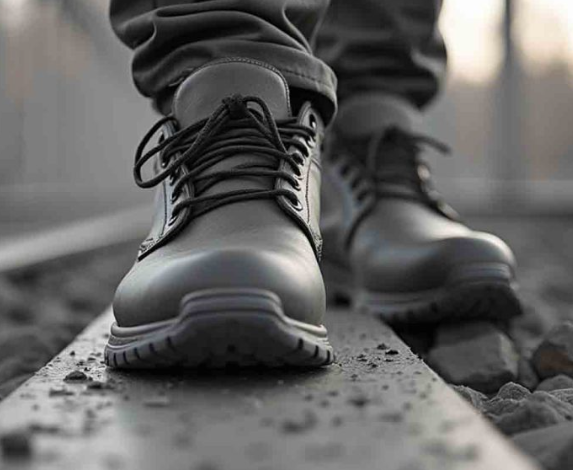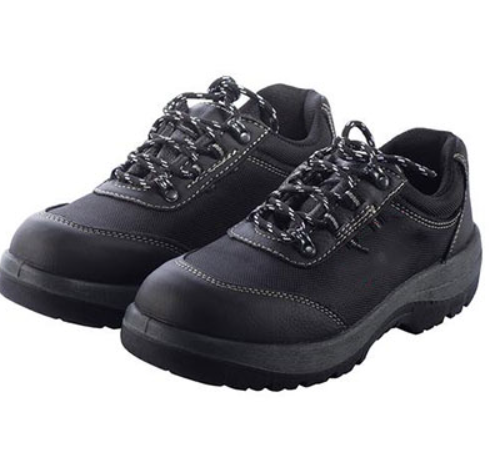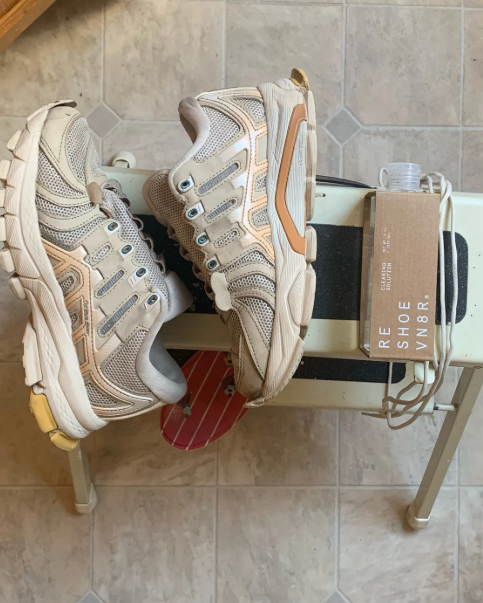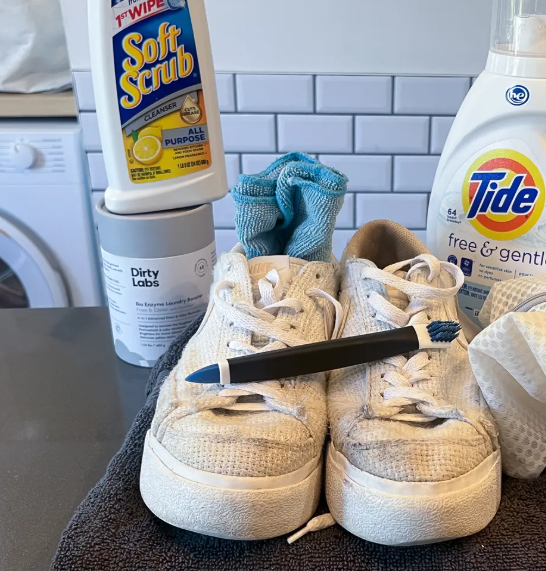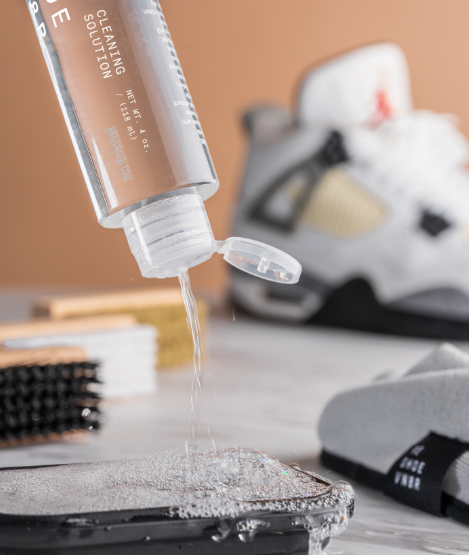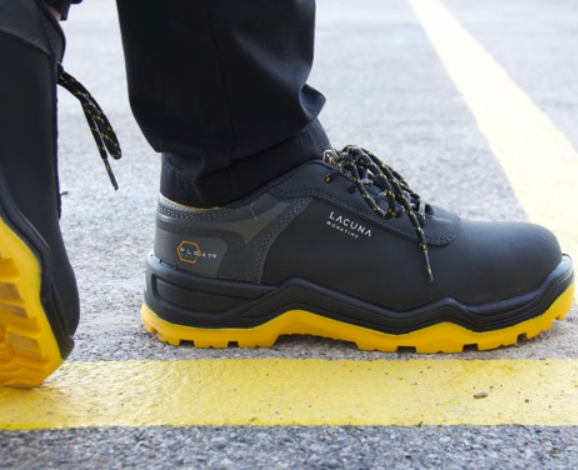
Choosing the Right Safety Shoes for Your Job
Every job comes with its own set of risks and demands, and personal protective equipment, especially safety shoes, is essential in keeping workers safe. Safety footwear is not only vital for preventing workplace injuries but also for ensuring comfort throughout the workday. In this article, we’ll walk you through the important factors to consider when selecting safety shoes that are best suited for your profession.
Construction Jobs: Durability and Comfort for Outdoor Work
Workers in the construction industry face harsh conditions such as extreme temperatures, rough surfaces, and physical strain. Safety shoes for this field need to offer:
- Enhanced protection from impacts and falls
- Excellent grip on various surfaces
- Adaptability to both hot and cold outdoor environments
- Comfort to reduce the risk of musculoskeletal disorders
- Easy maintenance to remove dirt and debris
Typically, construction footwear is made from durable leather with a protective toe cap to boost longevity. High-top models are a good option as they provide ankle support and a gusset to prevent dirt and debris from getting inside. Choosing shoes with good traction and resistance to corrosive materials can significantly improve safety and comfort for construction workers.
Food Industry: Hygiene and Safety First
In the food industry, hygiene is paramount to prevent contamination. Slip-on models are preferred, as they reduce areas where food particles or bacteria can accumulate, making them easier to clean. Safety shoes for this sector must also provide excellent grip to avoid slipping on wet and greasy floors. Look for models with protective toe caps and slip-resistant soles that meet SRC standards for maximum safety.
For optimal hygiene and protection, models like the BLACKMAX S2 and CARIBU S2 are great choices, designed for easy cleaning and high-performance in demanding environments.
Logistics and Services: Lightweight and Flexible Footwear
In logistics and service industries, workers are constantly on the move, which means that safety shoes should be lightweight, flexible, and comfortable. Safety sneakers with shock-absorbing soles are ideal, as they reduce fatigue while preventing slips and falls. Models like the PLANET S3S offer both comfort and safety, while the LILY S3 model combines style with protection, catering specifically to those looking for a more feminine, comfortable design.
Second Fix Jobs: Agility and Safety
Second fix trades, such as electricians, plumbers, and carpenters, require shoes that offer agility and protection. These jobs come with unique risks like falls, which account for a significant portion of workplace injuries. Footwear for these professions should include slip-resistant soles, a strong safety toe cap, and a puncture-resistant insert to protect against sharp objects.
For clean, dry indoor spaces, the ROY S1P ESD model is a good option, providing lightweight comfort and electrostatic protection. For more rugged environments, the RILEY HIGH S3 SRC offers enhanced protection while maintaining comfort in challenging conditions.
Administrative Jobs: Balancing Elegance and Safety
In administrative roles, workers may need to balance professional appearance with the need for protective footwear. Safety shoes for these positions should offer reliable protection without compromising on style. The CHUKKA S3 model is a great example, combining the elegance of a city shoe with the safety features required for protection in the workplace.
Outdoor Jobs: Protection for Tough Environments
Professionals working outdoors, such as in landscaping or roadwork, need safety shoes that protect against specific hazards like falls, cuts, and harsh weather conditions. S3 SRC models with protective toe caps and slip-resistant soles are essential for these jobs. Look for shoes that are water-resistant and offer solid traction, especially for wet and uneven terrain.
The MOJAVE S3 is a versatile all-terrain safety boot, while the TREKTEX S3 is a rugged option designed for harsh environments, keeping feet dry and comfortable with its breathable lining.
Industrial Jobs: Versatility and Comfort
The industrial sector demands footwear that is both comfortable and versatile, capable of withstanding different levels of physical demand. For workers in light industry who require precision and mobility, lightweight shoes like the RESEDA BAS S1P offer excellent cushioning and support. In heavy industrial settings, shoes with a quality insole, like the FELIX S3 SRC, help minimize fatigue and prevent muscle pain.
For environments with electrostatic risks, ESD-certified shoes are essential. The GEORGE LOW S3 SRC model provides comprehensive protection for workers handling sensitive electronic equipment.
Conclusion
Choosing the right safety shoes is a crucial decision that impacts your comfort and safety on the job. By considering the specific needs of your profession and selecting shoes tailored to those requirements, you can ensure both protection and comfort. A well-chosen pair of safety shoes not only helps you perform better but also keeps you safe throughout your workday.

